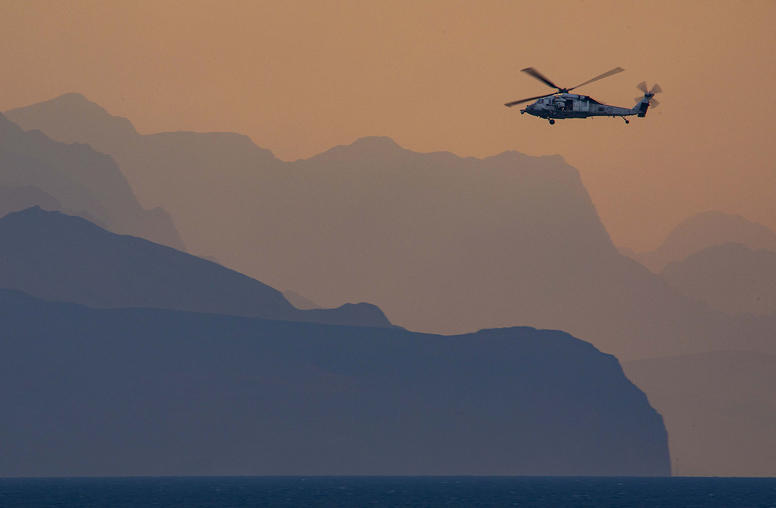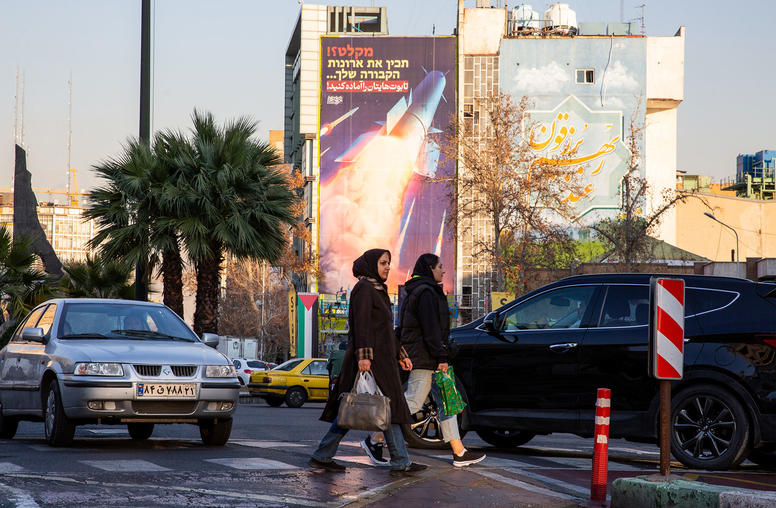Analyzing the Political Elite of the Islamic Republic of Iran
USIP grantee Dr. Boroujerdi will present the findings of his study on the Iranian political elite at this USIP and Wilson Center co-sponsored event.
Mehrzad Boroujerdi is compiling a database with detailed information on nearly 2,000 people in the political elite of Iran--from cabinet and parliament members to religious authorities, military officer, members of the judiciary and presidential advisers. Dr. Boroujerdi will present his preliminary findings and discuss their implications for Iran's tumultuous political landscape. The study was made possible by a grant from the United States Institute of Peace.
RSVP
Please contact mep@wilsoncenter.org or fax 202-691-4184 with any general questions about this event.
Speakers
- Mehrzad Boroujerdi
Associate Professor, Political Science, Maxwell School of Citizenship and Public Affairs, Syracuse University - Daniel Brumberg
Acting Director, Muslim World Initiative, Center for Conflict Analysis and Prevention, United States Institute of Peace



